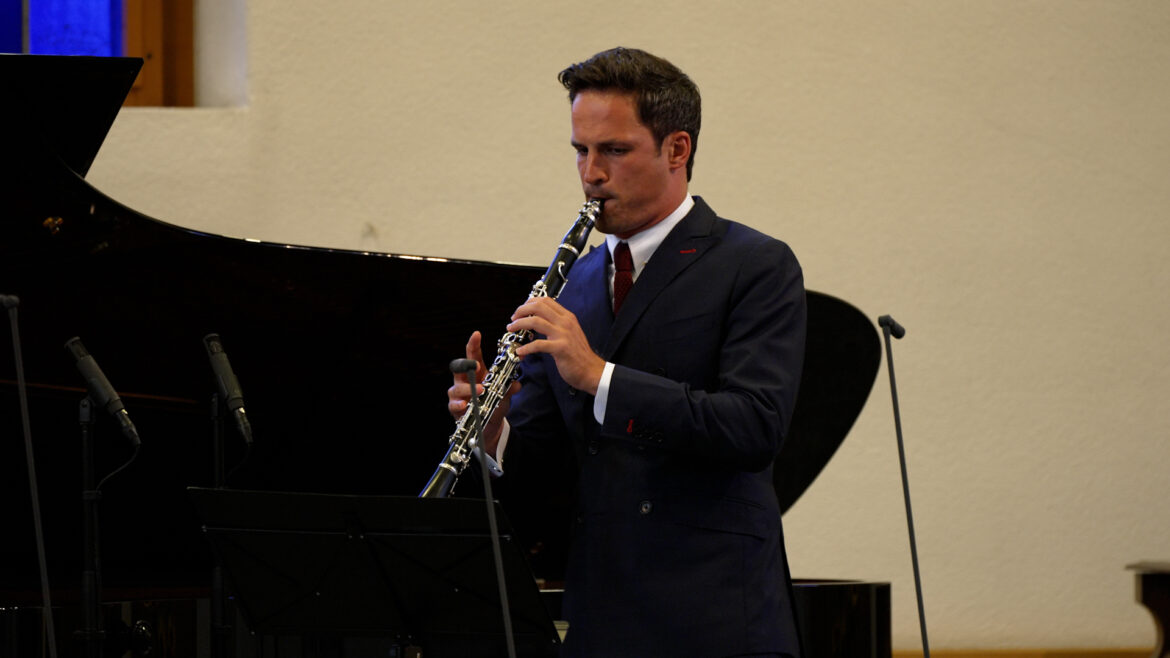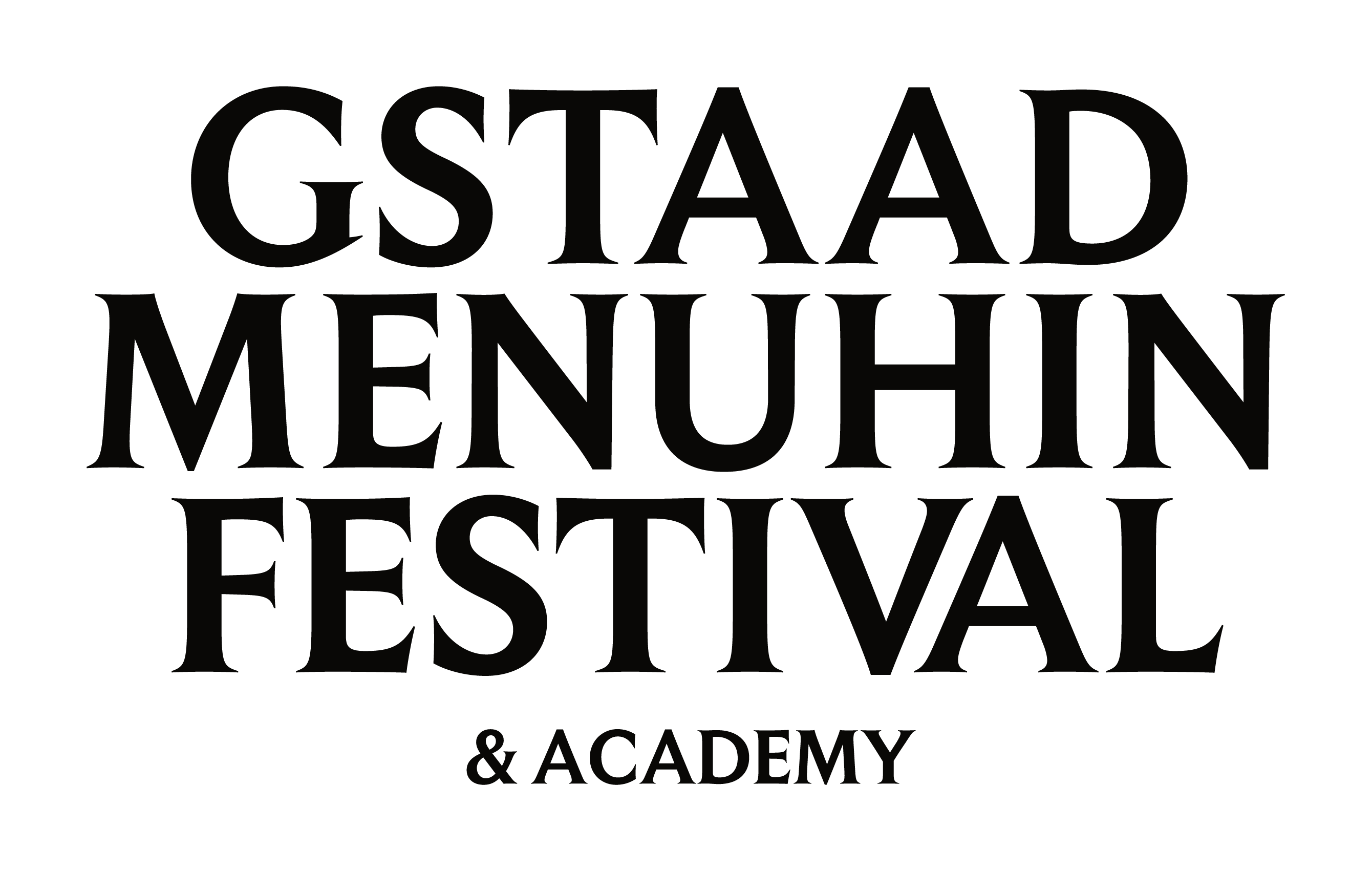Ottensamer, Kopatchinskaja & Koreny
Andreas Ottensamer, Clarinet
Menuhin’s Heritage Artist – Artist in Residence 2022
Patricia Kopatchinskaja, Violin
Paolo Mendes, Horn
Joonas Ahonen, Piano
Romana Amerling, Song
Bela Koreny, Piano & Song
Alban Berg (1885-1935)
Adagio from the Kammerkonzert
Georg Kreiser (1922-2011)
«Taubenvergiften»
«Wien ohne Wiener»
«Von Beruf»
Arnold Schönberg (1874-1951)
Phantasy for Violin and Piano, Op. 47
Anton Webern (1883-1945)
4 Pieces for Violin and Piano, Op. 7
Georg Kreiser (1922-2011)
«Weder noch»
«Ich kann tanzen»
Gustav Mahler (1860-1911) / arr. Andreas N. Tarkmann (1956)
3 Lieder from “Des Knaben Wunderhorn” (arr. for voice, clarinet, horn and piano):
«Rheinlegendchen»
«Lob des hohen Verstands»
«Wer hat dies Liedlein erdacht»
Georg Kreiser (1922-2011)
«Wenn ich lieben dürfte»
«Der Musikkritiker»
Arnold Schönberg (1874-1951)
“Gebet an Pierrot” [Prayer to Pierrot] from “Pierrot lunaire”, Op. 21 (Part 1, No. 9)
Recorded live on 27 July 2022 at the Church of Lenk
Born in Vienna in 1922 but driven out by the access to power of the Nazis in 1938 because of his Jewish religion, Georg Kreisler is a contradictory figure. With songs such as “Tauben vergiften im Park” [Poisoning Pigeons in the Park], this American citizen with a caustic sense of humour, who defined himself as an anarchist, became one of the leading figures of German-speaking cabaret as early as the 1950s, without ever agreeing to return to the land of his ancestors. Viennese pianist, singer and composer of Hungarian origin, Bela Koreny revisits, at the request of clarinettist Andreas Ottensamer, the legacy of this extraordinary composer whom he personally knew, having him cohabitate with the three precursors of the Second Viennese School.




Comments on “Vienna for beginners”
It is great